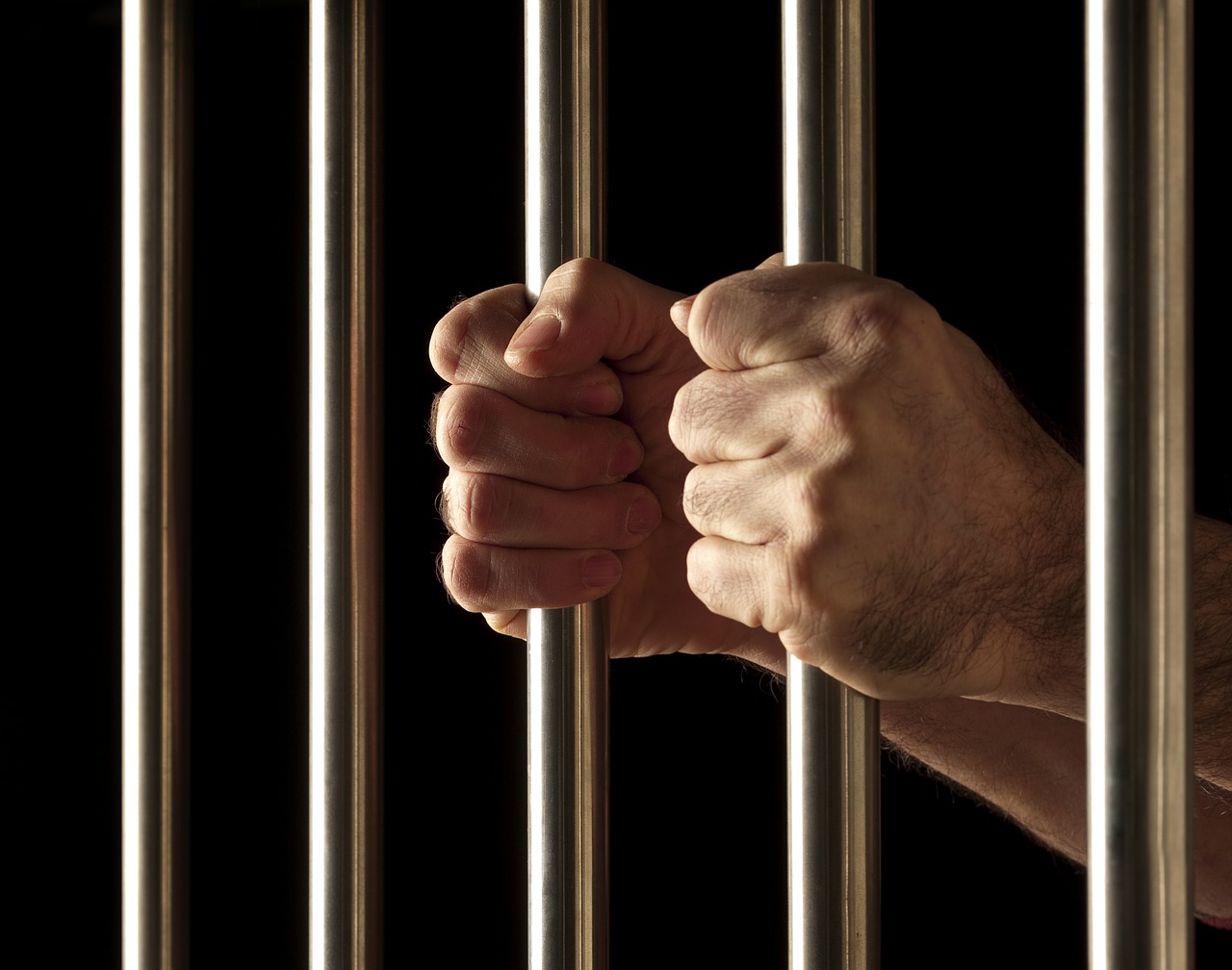Criminal Defense
 Criminal defense law is the area of law devoted to providing legal protections to those accused of committing crimes.
Criminal defense law is the area of law devoted to providing legal protections to those accused of committing crimes.
Being charged with a crime is scary for almost anyone. It does not matter what kind of crime you are accused of, whether or not you think you are guilty of doing it, whether this is your first or fifth time being accused of a crime- getting arrested and spending time in jail is not fun. Even if you are allowed to remain out of jail while waiting for your trial, it is a horrible feeling to know that your future may involve time being incarcerated, away from your friends, family, and not being able to take care of your regular, daily responsibilities.
Your Right to a Lawyer
Even though it is scary to be accused of a crime, your rights to a public trial without unnecessary delay, a lawyer, impartial jury, and the right to know who your accusers are and the nature of the charges and evidence against you, are protected under the 6th Amendment of the United States Constitution.
A defendant in a criminal case can find and hire a lawyer on their own or they can ask for the court to assign them one. If a defendant does not have the money to pay for their own defense, they are typically assigned a public defender who is paid by the public defender’s office. Public defenders are appointed cases by local, state, or federal courts.
Even though it is still better to have something rather than nothing, many people recommend hiring a private lawyer if you can afford one. Public defenders are usually paid less than private ones as well having much higher case loads. In some situations, a court may appoint a private lawyer to take a particular criminal defense case.
Criminal Charges
There are many different crimes that people can be charged with in the United States. All crimes are considered to be crimes against the state even if the crime was not directly against a government or a government official. They are considered crimes against the state because the person broke one of the state’s laws. In this sense, the term state means the government and while it can be a crime that breaks a state law, it can be any branch of the government’s laws. Some crimes are tried at the federal level while others are tried in state and local courts.
Common Criminal Charges
Common criminal charges include but are not limited to:
- DUI/DWI
- Murder
- Manslaughter
- Theft
- Possession with intent to sell contraband items such as drugs or firearms
- Illegal drug possession
- Possession of illegal firearms
- Arson
- Aggravated assault
- Bribing a government official
- Child abuse and abandonment
- Child pornography
- Computer crimes (hacking, spying, etc.)
- Fraud (credit card, insurance, Social Security, etc.)
- Cyber bullying
- Hate crimes
- Disorderly conduct and disturbing the peace
- Illegal drug manufacturing
- Embezzlement
- Extortion
- Forgery
- Harassment
- Homicide
- Identity theft
- Indecent exposure
- Kidnapping
- Orobation violation
- Prostitution
- Sexual assault and rape, including statutory and date rape
- Racketeering
- Shoplifting
- Vandalism
- White collar crimes
- Wire fraud
- Domestic violence/abuse
These and many crimes not mentioned here often warrant the need for a criminal defense lawyer. If you have committed a crime, it may be in your best interest to call a criminal defense lawyer today.